Publications
Articles, publications, books, tools and multimedia features from the U.S. Institute of Peace provide the latest news, analysis, research findings, practitioner guides and reports, all related to the conflict zones and issues that are at the center of the Institute’s work to prevent and reduce violent conflict.
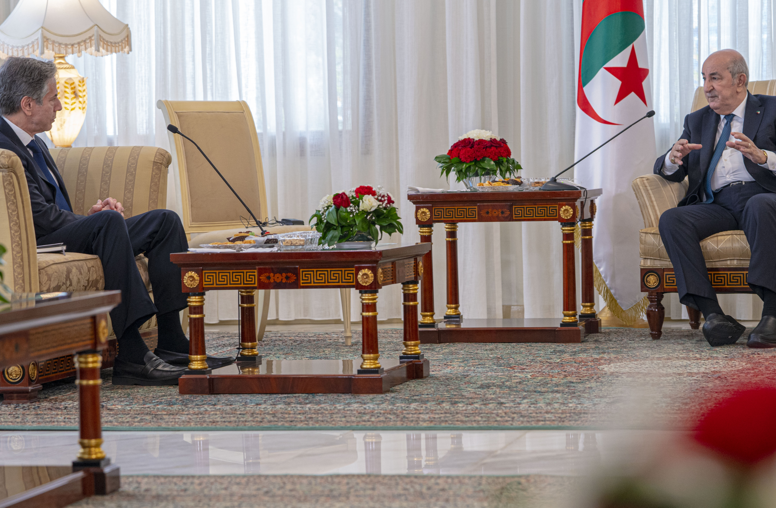
A Newly Assertive Algeria Seizes an Opportunity
For decades, Algeria has eschewed participation in international affairs. As a member of the non-aligned movement, the country has been described as “anti-Western,” “anti-capitalist,” and “insular.” Privately, American diplomats describe the government as one of the region’s most challenging to penetrate and understand. But over the last two years, there have been signs that Algeria is changing and starting to flex its economic and political muscles, which has accelerated in the wake of the war in Ukraine, with Algeria capitalizing on opportunities created by changes to global energy markets. Algeria has also increasingly asserted itself in the African Union and Arab League, stepped up its lobbying efforts in foreign capitals and is deepening ties with Beijing. But is Algeria ready for the responsibility that accompanies the role it is positioning to play?

Honduras progresa en controlar la violencia, ¿es posible hacerlo de forma sostenible?
“Reducción histórica en la tasa de homicidios”, tuiteó el gobierno hondureño en un hilo celebrando los logros en materia de seguridad durante el primer año en el cargo de la presidenta Xiomara Castro. La tasa oficial del país de 36 asesinatos por cada 100.000 habitantes en 2022 (seis puntos menos que en 2021) mantiene a Honduras entre los países más violentos de América Latina y del mundo. Pero representa un claro avance desde principios de la década de 2010, cuando el empobrecido país centroamericano parecía atrapado en una espiral de violencia vinculada a las pandillas callejeras y al narcotráfico, con tasas que superaban los 85 asesinatos por cada 100.000 habitantes.
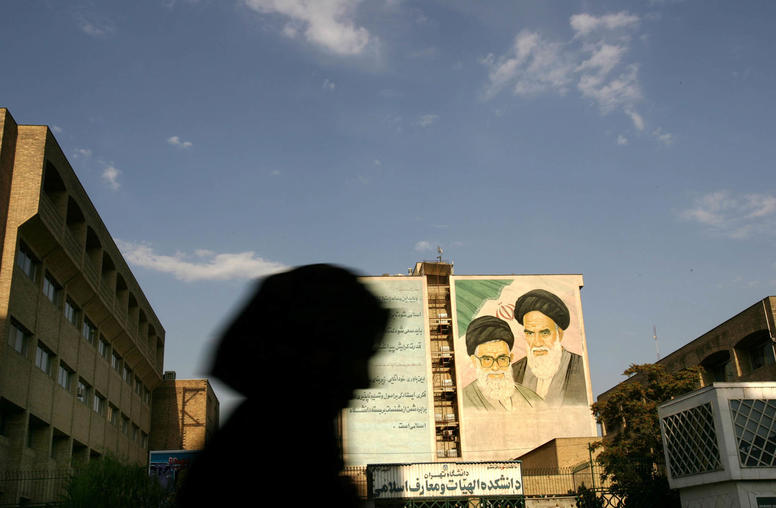
Whither Iran on the Revolution’s Anniversary?
Iran marks the anniversary of the Islamic revolution in February amid increasingly existential challenges at home and in relations with the outside world. Four months of nationwide protests — triggered by the death of 22-year-old Mahsa Amini in September 2022 — reflected deepening discontent among Iran’s Gen Z. Young women on streets and at schools abandoned the headscarves required by law, as shouts of “woman, life, freedom” and “death to the dictator” echoed across campus grounds. The protests were a brazen rejection of Supreme Leader Ayatollah Ali Khamenei and, more broadly, the theocracy’s basic belief that god’s law supersedes human laws. The scope of fury was reflected on October 8, when female students at Al Zahra University in Tehran shouted “Clerics, get lost” during a visit by President Ebrahim Raisi.
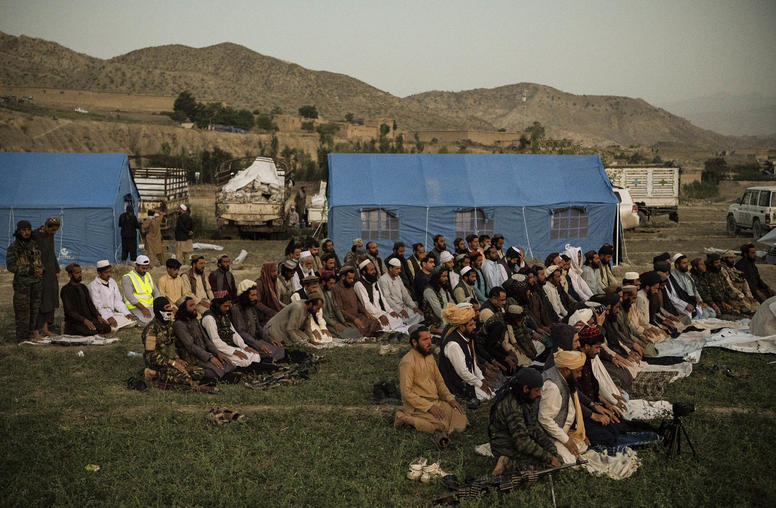
Wrestling with a Humanitarian Dilemma in Afghanistan
Recent decrees by the Taliban barring Afghan women from attending university or working in NGOs are severely damaging the country both socially and economically, especially coming atop a ban on girls’ secondary education last year. The marginalization of half the population also highlights the “humanitarian dilemma” that aid donors and international agencies face: Afghanistan is highly dependent on humanitarian assistance, not only for saving lives and easing deprivation but also to stabilize its economy. The quandary for international donors is what to do when alleviating suffering benefits the Afghan economy and thereby the Taliban regime, even when that regime is harming its own people?
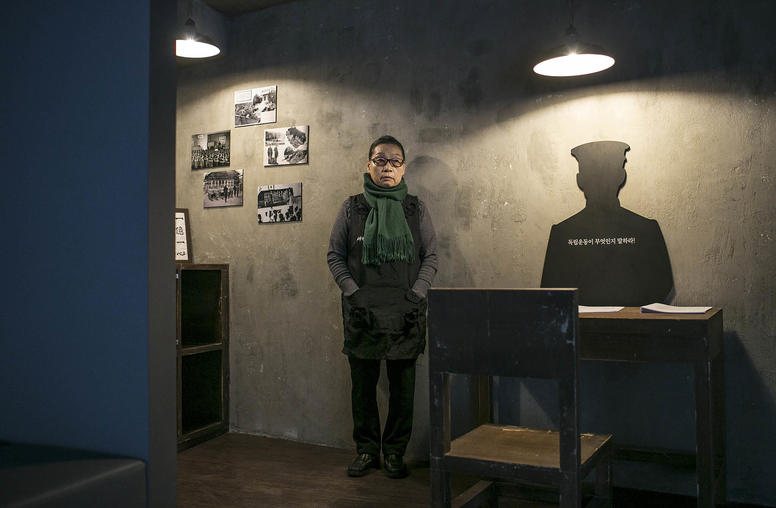
Beyond the Courts: History-Related Lawsuits and South Korea-Japan Relations
While the relationship between South Korea and Japan is fraught with a number of historical and territorial disputes, the current cycle of tensions focuses our attention on lawsuits related to the colonial era. Most notably, bilateral ties soured after 2018, when two landmark rulings from the South Korean Supreme Court ordered Japanese firms to compensate Korean plaintiffs for their wartime forced labor.
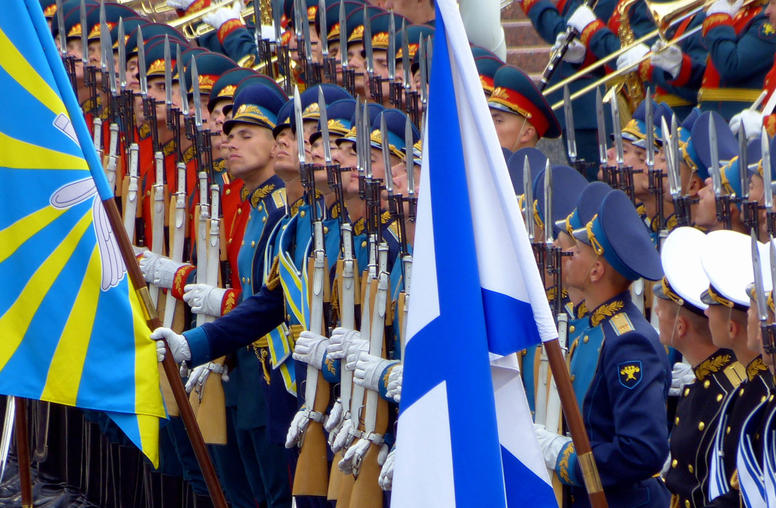
Ukraine: A Real Peace Will Require Change from Russia
The United States and its allies are seeking ways to promote a sustainable peace in Europe — one that ends Russia’s brutal assault on Ukraine and strengthens a global prohibition on such wars of aggrandizement. Tragically but realistically, Russia, like most historic imperial powers, will need to be defeated militarily before it abandons war as a means to dominate its neighbors. Any negotiated peace before such a defeat will simply let Russia rebuild its forces and renew its assault. Yet even as the West should maintain full support for Ukraine’s defense, such as the tanks much discussed this month, it should encourage negotiation toward specific goals.
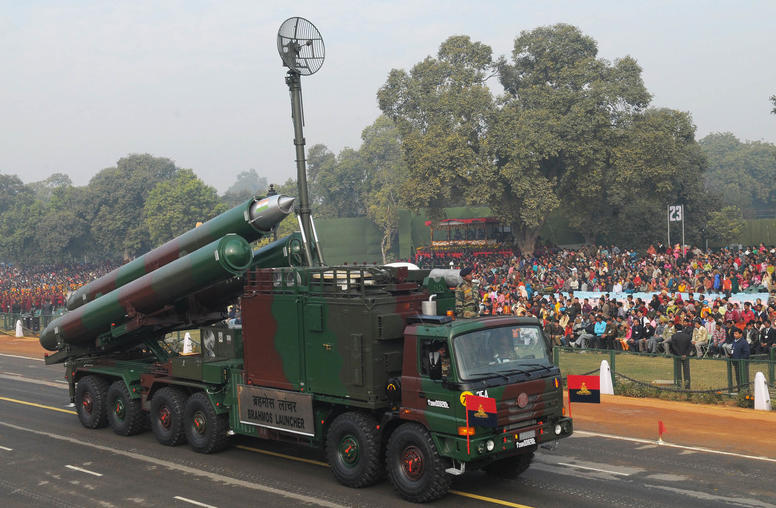
The Persistent Threat of Nuclear Crises Among China, India and Pakistan
Southern Asia — India, Pakistan and China — is the only place on earth where three nuclear-armed states have recently engaged in violent confrontations along their contested borders. As a USIP senior study group report concluded last year, the problem of nuclear stability in Southern Asia is getting harder to manage because of geopolitical changes, such as rising India-China border tensions, as well as evolving military technologies, including growing nuclear arsenals and more capable delivery systems. Unfortunately, in the time since that senior study group completed its work, little has happened to revise its worrisome conclusion or to prevent the most likely triggering causes of a nuclearized crisis in Southern Asia. To the contrary, there are some good reasons to fear that the situation in Southern Asia has even deteriorated over the past year.
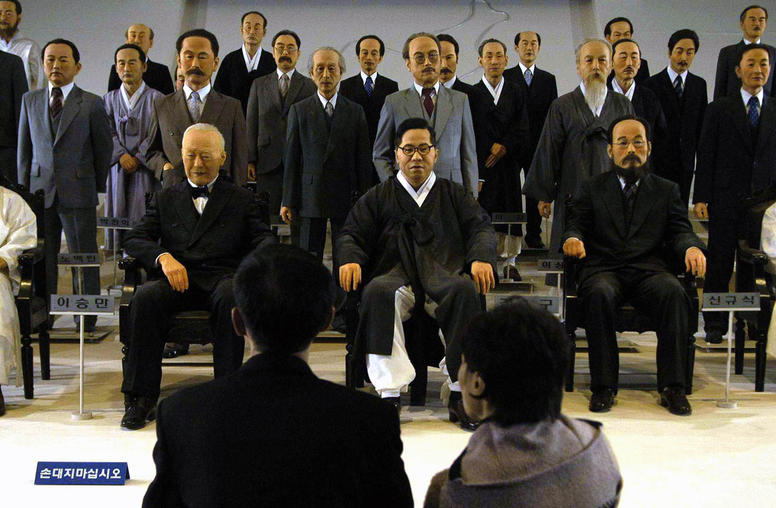
Japan, South Korea Must Address Mounting ‘Debt’ of Historical Atrocities
Few issues between Japan and South Korea draw as much attention and political resources while producing such ephemeral results as historical reconciliation. In two years, the countries will reach milestones for major agreements, such as the 10th anniversary of the 2015 “comfort women” agreement and the 60th anniversary of the Treaty on Basic Relations between Japan and South Korea. Between these two landmark deals are several official Japanese apologies, government speeches acknowledging Japan’s colonial past, visits by Japanese dignitaries to Korean memorial sites, a public-private reparations program, government-level “friendship” initiatives and civil society efforts to grapple with so-called history issues.
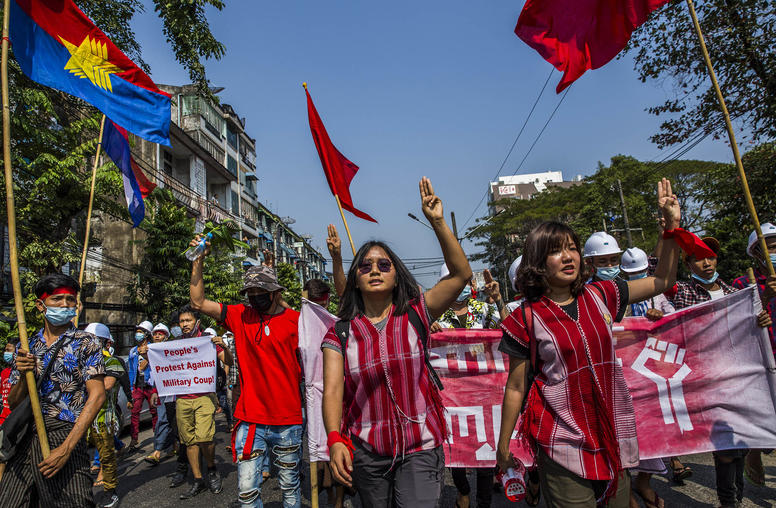
Two Years of Myanmar’s Junta: Regional Instability, Surging Organized Crime
Two years ago today, Myanmar’s military snuffed out the country’s democratic government in a coup and set about restoring the grim dictatorship that dominated the Southeast Asian nation for 50 years. But the generals’ initial moves — jailing civilian leaders, shutting the free press, issuing heavy-handed decrees — were the only things that went according to plan. To date, the coup has instead triggered myriad unintended effects. None are more urgent and consequential than the instability and crime that the generals’ power grab triggered across Southeast Asia, and none more directly implicate U.S. interests in the region.
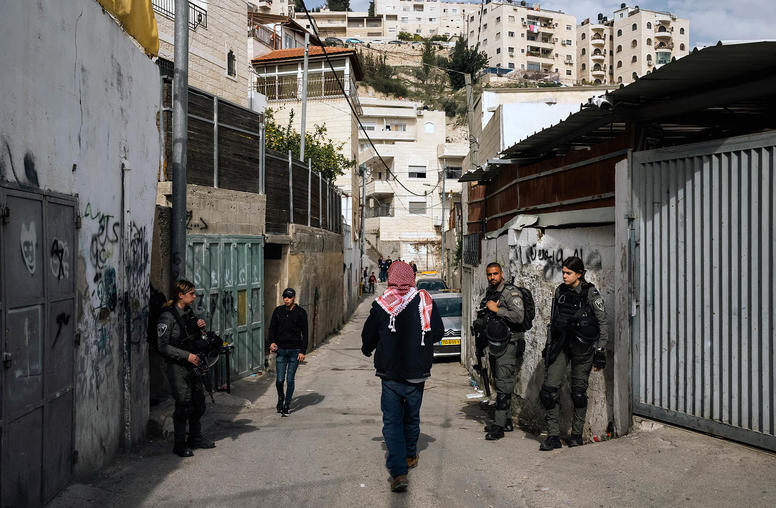
For Israelis and Palestinians, a Tragic Spiral Reemerges
Since late last week, violence between Israelis and Palestinians has rapidly escalated in the West Bank and around Jerusalem, and January has proven to be one of the most violent months in the West Bank in decades. Attacks continue, exacerbated by bitter publics, frenzied politics and fragile institutions in the West Bank. The Israeli-Palestinian conflict may be in a spiral toward a third intifada and even the possible end of the two-state paradigm.